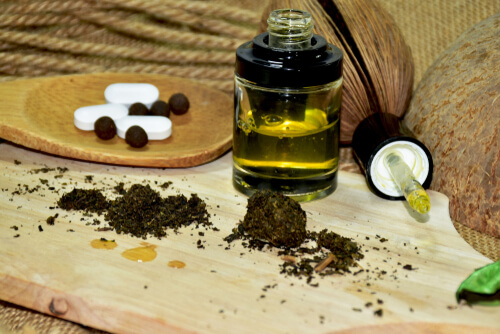
The term inflammation refers to the response of the body to damage from an injury or disease. Inflammatory response plays a part in healing. Anyhow, in some cases, it can be more harmful than helpful.
Numerous pieces of research have discovered that severely ill COVID-19 patients experience a phenomenon known as ‘cytokine storm’. Inflammation results from the proteins known as cytokines, and the human immune system regulates it. Anyhow, in the case of a severe illness, that response can go out of control, resulting in too many cytokines being discharged into the flowing blood. That is an extremely serious situation, which can bring about dangerous inflammation, organ failure, plus even demise.
Therefore, scientists are considering anti-inflammatory drugs as ways of managing COVID-19’s effects. The con of utilizing the drugs is that these can have serious secondary effects, on the pancreas and liver, in particular. Those two parts may already have become weaker because of the coronavirus’s effects. That is why researchers are interested in finding a substitute for anti-inflammatory medicine that has fewer secondary effects and is useable for long.
Recently, a piece of research from the Texas Biomed and University of Nebraska Medical Center discovered a possible solution: CBD for COVID-19. CBD has anti-inflammatory effects and few side effects. Numerous study results show that cannabidiol could inhibit the creation of cytokines as well as promote the process of immunoregulators being released, which possibly mediates a perilous immune response.
Last April, scientists from Canada published findings of recent research pieces that indicate cannabidiol might aid in blocking proteins that offer points of entry for the coronavirus.
Treating Stress
The Texas Biomed-UNMC study authors underlined CBD’s potential to assist in easing anxiety and stress associated with the often-long-drawn recovery from COVID-19. They did so on the basis of studies about the utilization of cannabidiol to help people recover from ebola. That may be significant consideration because, for some, the COVID-19 recovery possibly lasts months as well as involves brain fog and intense fatigue.
Moreover, the study authors also highlighted the requirement for further research on the neuroprotective properties of cannabidiol in treating the condition. So, more might be known about the matter if further CBD and COVID-19 research happen. Studies have also highlighted the possibility for cannabidiol’s utilization for the processes of preventing brain injury and recovering from it, plus for conditions such as depression and anxiety. Anyhow, it is yet to be explored regarding treating COVID-19’s cerebral effects.

